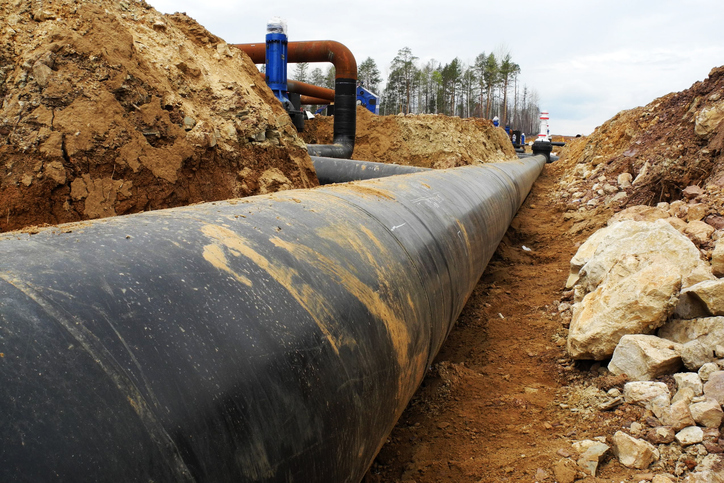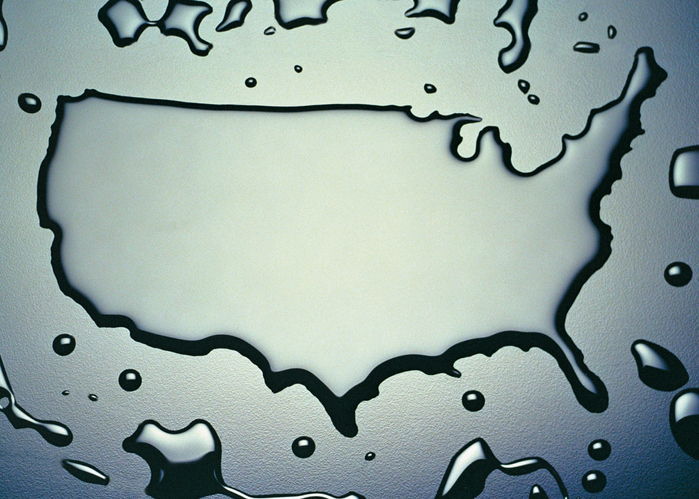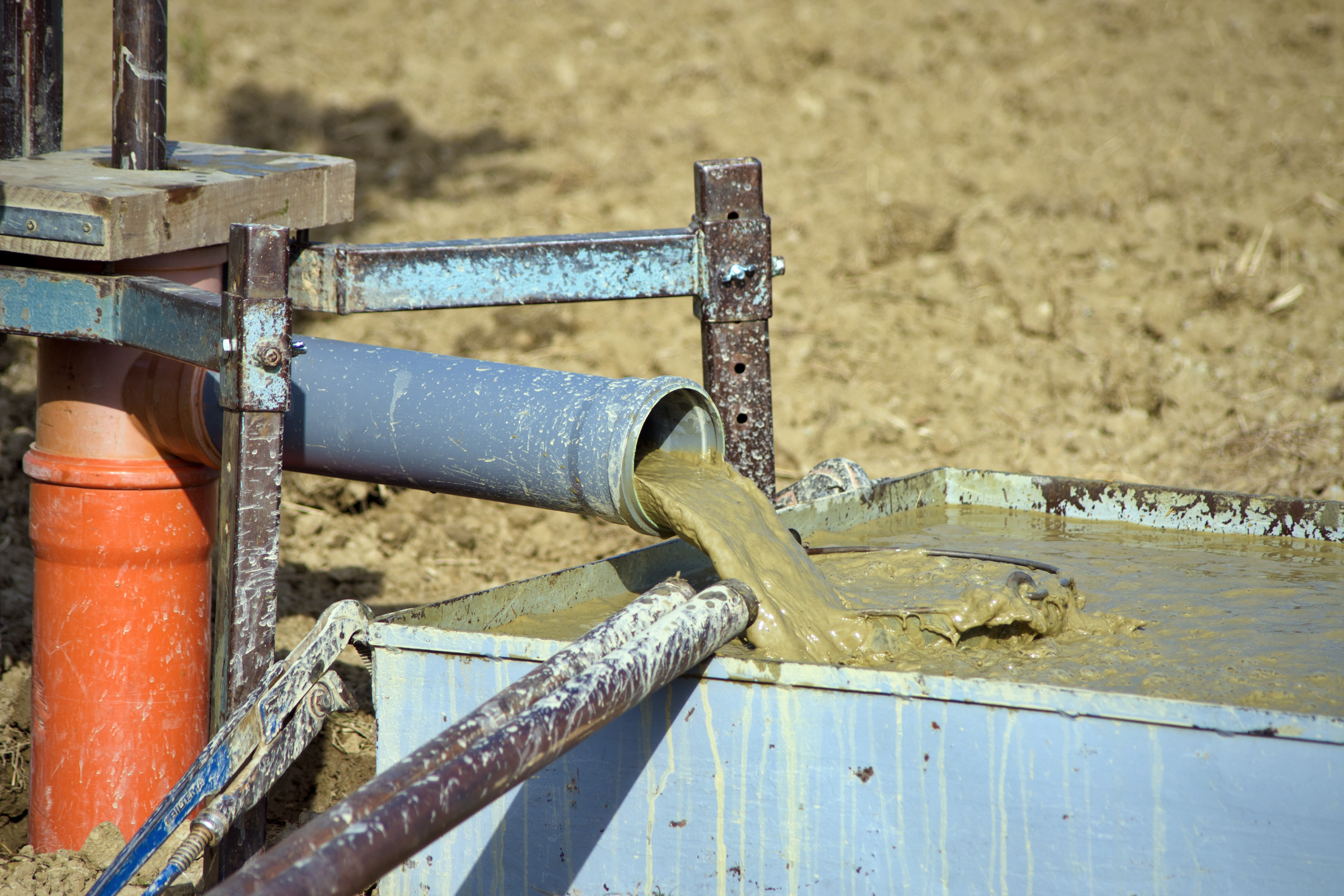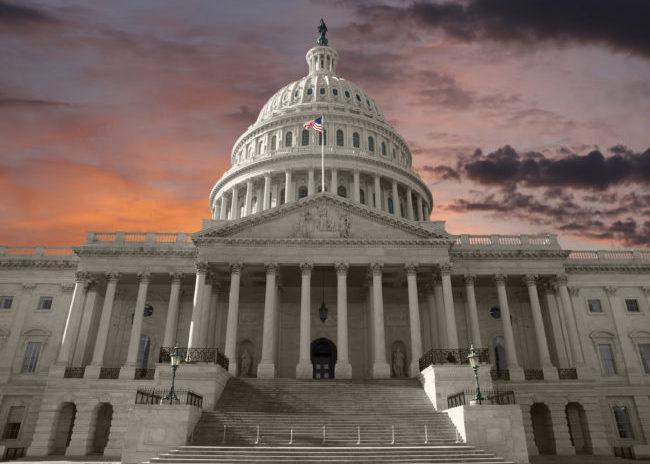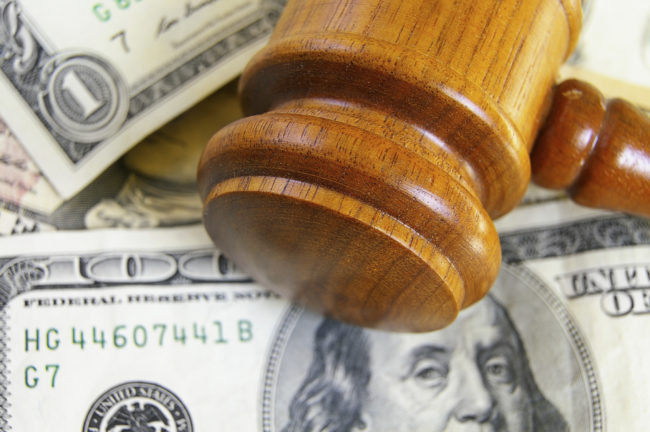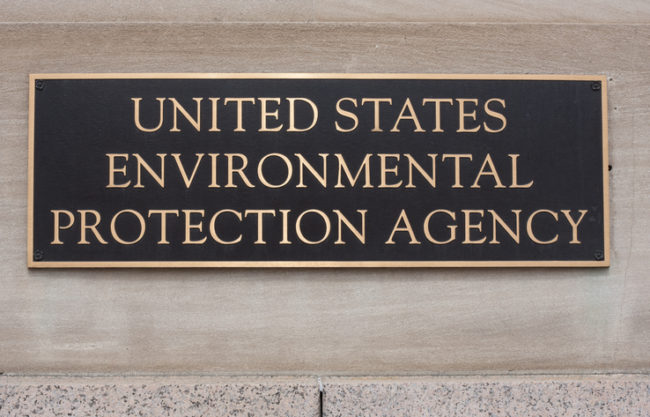While covenants not to sue purport to provide some security to settling parties, in CERCLA actions, reopener provisions, which the EPA includes in most consent decrees, allow for future liability for unforeseen and unknown conditions that arise following completion of the remedial actions. As a result of these reopener provisions, which became required in all but a few limited circumstances after the 1986 CERCLA amendments, parties that settle CERCLA claims live with the risk that new claims could be asserted to address new cleanup demands …
Continue Reading


